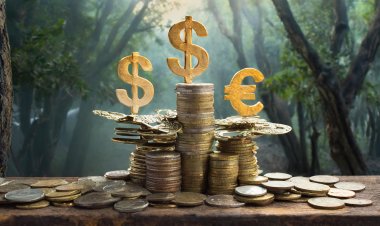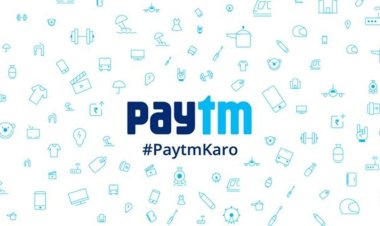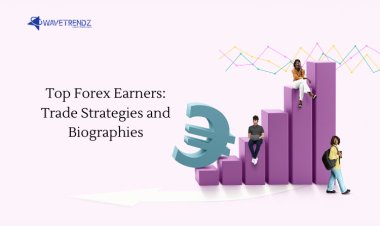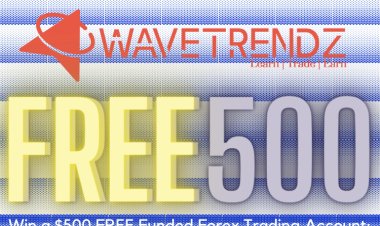Lesson 1: Welcome to lesson number one. What is Forex?
"Begin your journey to understanding the Forex market with Lesson 1 by Robby Garnier. Learn the fundamentals of currency trading, how the forex market compares to typical stock exchanges, and how to use forex for speculative gains. Whether you are new to forex or want to brush up on your expertise, this class will provide you with useful insights into the world's largest financial market.
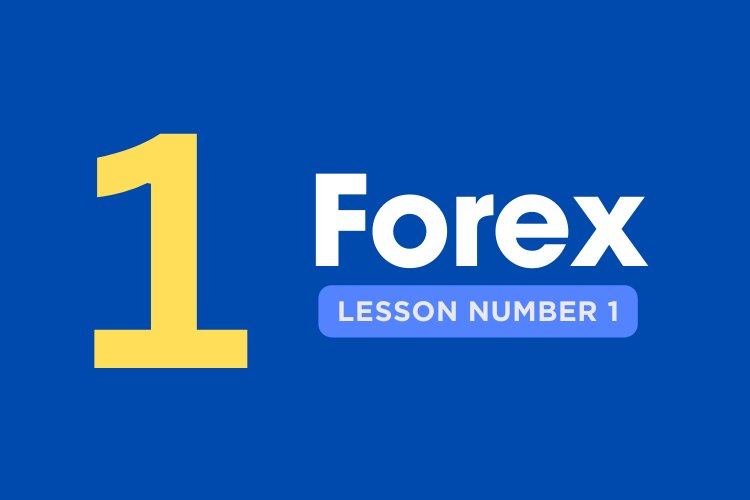
Lesson 1: Welcome to lesson number one. What is Forex?
So, what is forex? It essentially functions as an international currency trading market. If you anticipate that one currency's value will rise relative to another and you are correct, you can profit. Before COVID-19, individuals would jump on planes and fly around the world. When traveling to a new nation, you normally exchange your home currency for the local currency at an airport exchange booth.
At these booths, a screen would display various foreign currency rates. An exchange rate indicates how much of one currency you can buy for another. Suppose you see the Japanese yen and think, "Nice, one dollar buys me one hundred yen; I have ten dollars; I'm going to make a fortune!" That's when you participate in the forex market, exchanging one form of currency for another.
Understanding forex trading
Wow! Or, in currency terms, suppose you're an American visiting Japan. You exchanged your dollars for yen. Before boarding your aircraft to return to the United States, you visit a currency exchange counter with the remaining yen in your pocket. Fortunately, the exchange rates are no longer as high as they were when you initially came. It turns out that these rate changes may allow you to make some extra money through FX trading. By the way, I bet you haven't had sushi yet. You must try the bluefin tuna sushi; it is delicious! Given that you did not splurge, you are likely to have some spare change sitting around.
But honestly, what is forex all about? The foreign currency market, or forex, is the world's largest financial playground. Imagine a virtual space where currencies from all over the world are constantly swapped. That is forex for you: enormous, decentralized, and always bustling with activity. While it appears that a lot is going on, it's important to note that just a small fraction of these money transfers are fueling our global economy. As I have stated, foreign trade and travel to exotic locations are important. Instead...
Most of the time, people buy and sell money on the global currency market to speculate. These currency traders, often known as speculators, buy various currencies in the hopes of later selling them at a higher price. When compared to the New York Stock Exchange, which handles over 200 billion yuan each day, the foreign currency market is a beast, with 7.6 trillion dollars traded every day. And yes, I did say trillion with a 'T,' not billion or million.
Okay, we'll go on now. To help you visualize, let's use some creatures. Consider the NYSE, which is the world's largest stock exchange, transacting $200 billion every day. That's a lot of cash! If we compare it to animals, imagine the NYSE to be the size of a velociraptor or a hippo. But then there's the currency market, which is more like staring at a blue whale than a TRex, but let's stick with the blue whale. That is essentially what we are discussing in terms of scale.
Whether you're watching financial news on TV or reading updates on websites like Silicon Valley, Bloomberg, or Reuters, there's constant talk about the stock market. "The NYSE is up today," they say over and over. Most people think of the stock market first, with the New York Stock Exchange as a major player.
Indeed, the NYSE packs a punch. It's no small deal. But what many people don't realize is the sheer scale of the foreign currency, or forex, market. We're talking about the world's greatest financial arena—imagine $7.6 trillion whirling. Unlike other markets, FX operates almost continuously. Do you recall this? Forex is available twenty-four hours a day, five days per week. So it doesn't just stop working on weekends!
Unlike stocks and bonds, the forex market does not close at the end of each day. No, sirree. Instead, commerce transfers the baton around the world as financial hubs greet the new workday. It begins with traders in Auckland and Wellington finding their footing in New Zealand. Sydney markets come next, then Singapore, Hong Kong, and Tokyo, before continuing on to London via Frankfurt.
As a result, the financial wheel spins from Tokyo to London before landing in New York. Before you know it, you're back in New Zealand, where everything starts again. Isn't that crazy? Well, that concludes our first lesson. Are you ready for what comes next? Okay, Robby Garnier from WaveTrendZ is here and logging out. I wish you the finest luck.
Look for Lesson Number 2.



 WaveTrendZ
WaveTrendZ 

















